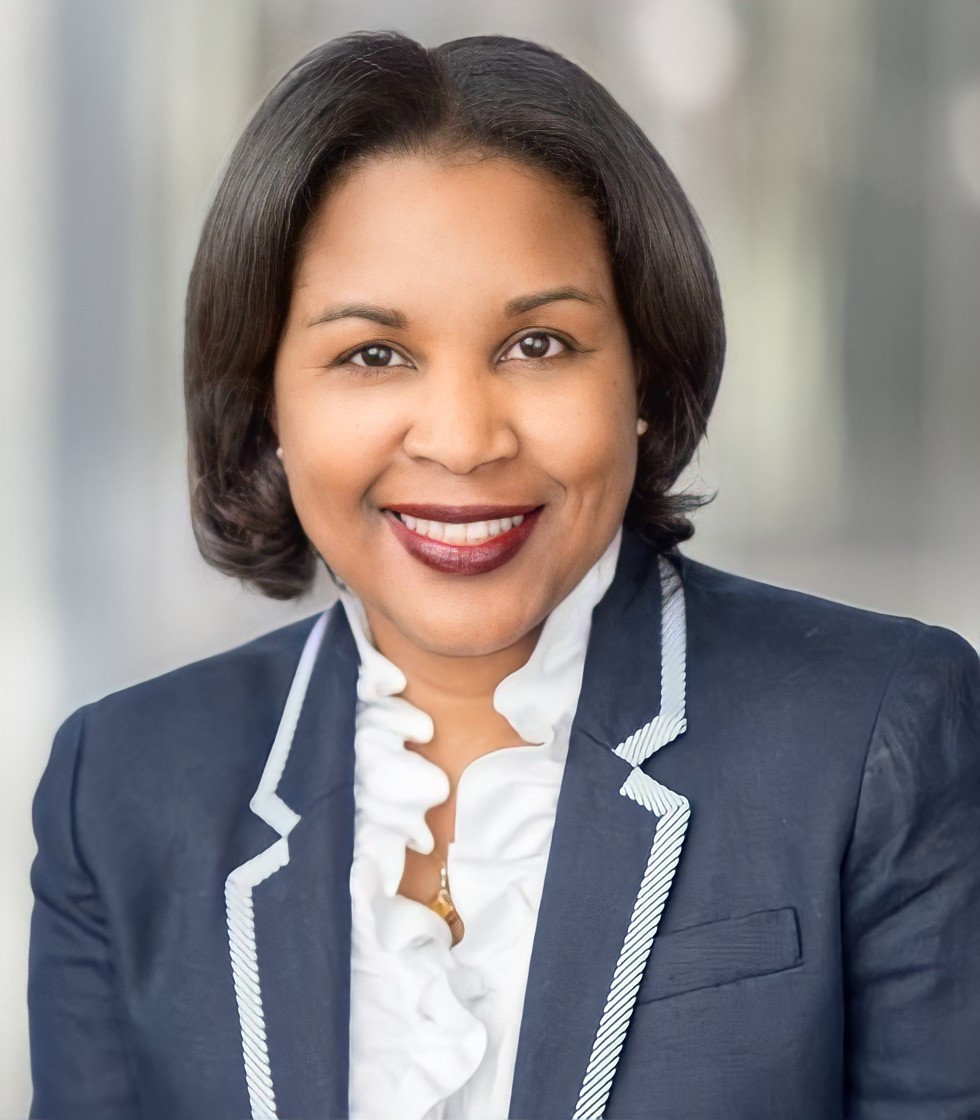Representation matters
Looking at diversity in Winnipeg politics
Velma Morgan, chair of Operation Black Vote Canada. (Supplied photo)
Mayor Brian Bowman, who has been in office since 2014, is not running for a third term, leaving the top job wide open. So far, Coun. John Orlikow and social entrepreneur Shaun Loney have declared their candidacies. Several other city councillors, including Scott Gillingham, Markus Chambers and Kevin Klein, have expressed interest in the position.
Some people have noted that the pool of candidates – which is, so far, exclusively male – lacks diversity. This has long been the case in Winnipeg municipal politics. The city has only had one woman mayor: Susan Thompson, who served from 1992 to 1998. Furthermore, only five of the 15 current city councillors are women: Vivian Santos, Cindy Gilroy, Sherri Rollins, Devi Sharma and Janice Lukes.
Meghan Chorney, chair of Equal Voice Manitoba, says municipal politics can be particularly challenging for underrepresented groups, since there are no party organizations that support political candidates with knowledge and resources.
“Running for office is, in a way, a one-person job, but it also isn’t a one-person job, since you need people to be behind you and support you,” she says.
Equal Voice, a national organization that advocates for and supports women and gender-diverse candidates at all levels of government, tries to fill that gap. They provide resources and host events to encourage and support both potential and current candidates.
A key feature of municipal politics is how difficult it is to unseat incumbents. In Winnipeg, only a handful of incumbents have been defeated in recent years. Furthermore, most councillors win with more than 50 per cent of the vote, with some obtaining 90 per cent or winning by acclamation. This can make it hard for underrepresented groups to make electoral breakthroughs.
Another organization working to address this problem is Operation Black Vote Canada. Their goal is to increase the number of Black people elected in Canada. Their chair, Velma Morgan, says that while progress is being made in terms of the number of Black candidates, there has not been a proportionate increase in those elected. “Our end goal is not to have more people just running.
Our end goal is to have more people elected,” she says. “Studies have shown that having more diverse voices at any decision-making table makes for better outcomes for everybody.”
When asked about whether progress on women’s representation in Canadian politics is being made fast enough, Chorney says that, at the current rate, it would take approximately 150 years for equal representation at the federal level. She says we need to move much faster.
“We need to get more people involved ... because when women and gender-diverse people are at the table, better decisions are being made,” Chorney says.
Winnipeg’s municipal and school boards election will take place on Oct. 26.
Information on the 2022 Municipal Council and School Boards Election can be found at winnipeg.ca/clerks/election/election-2022.
Published in Volume 76, Number 20 of The Uniter (March 10, 2022)






